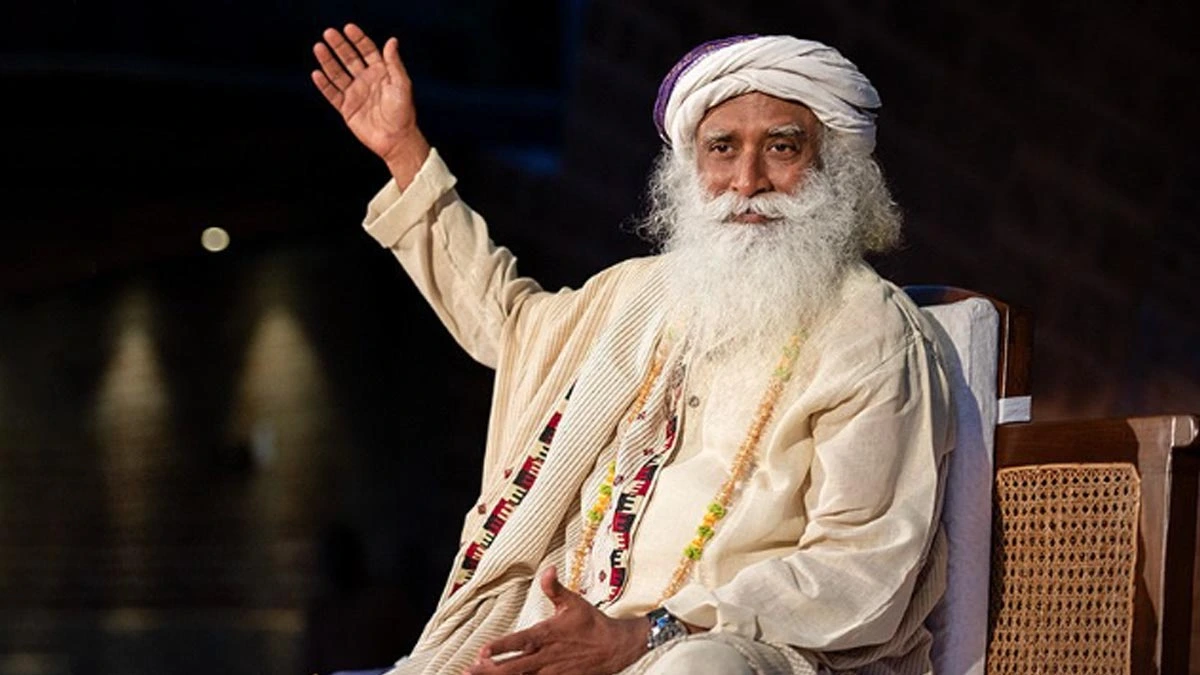Health
Kerala reports 13 fresh cases of norovirus! Here’s everything you need to know about new contagious virus
Animal-borne disease, norovirus, also known as the ‘winter vomiting bug’ is a waterborne disease, first reported in Kerala, causes vomiting and diarrhoea. Read to know what is norovirus, how is it spread and its treatment.

Health
Karwa Chauth 2025 moonrise time: Biohacking the fast from sunrise to moonlight for better health
Karwa Chauth 2025 fast offers not only spiritual fulfilment but also scientifically proven health benefits — from improved metabolism and hormonal regulation to enhanced longevity and mental clarity.
Health
Sadhguru’s 30% diet challenge: Spiritual leader explains how eating more fruits can transform your digestion and mental clarity
Sadhguru’s 30% diet challenge urges people to eat more fresh fruits daily. From better digestion to steady energy, here’s how this change can improve your life.
Health
Is winter really a silent threat for diabetics and hypertensive patients? Risks you need to know
-

 Latest world news18 hours ago
Latest world news18 hours agoUS submarine sinks Iranian warship IRIS Dena in Indian Ocean, at least 87 feared dead
-

 Latest world news19 hours ago
Latest world news19 hours agoIndia dismisses claim that US used Indian ports for strikes on Iran
-

 Latest world news12 hours ago
Latest world news12 hours agoUS urges India to look beyond Russian oil, says American supply is best alternative
-

 Latest world news9 hours ago
Latest world news9 hours agoMilitary conflict alone cannot resolve global crises says PM Modi
-

 India News9 hours ago
India News9 hours agoBengal Governor CV Ananda Bose resigns, Mamata Banerjee says RN Ravi to replace him






